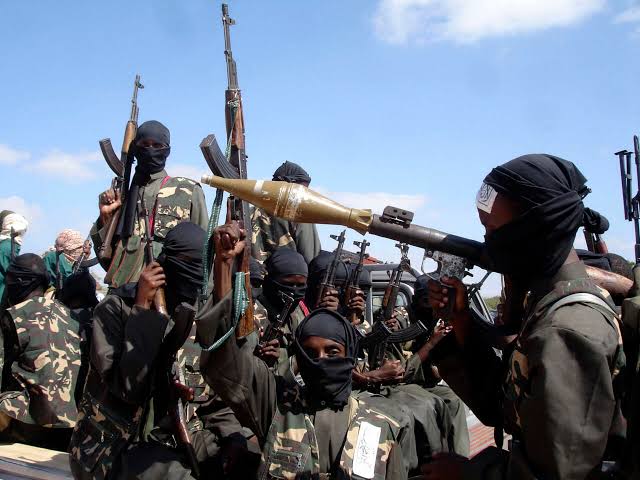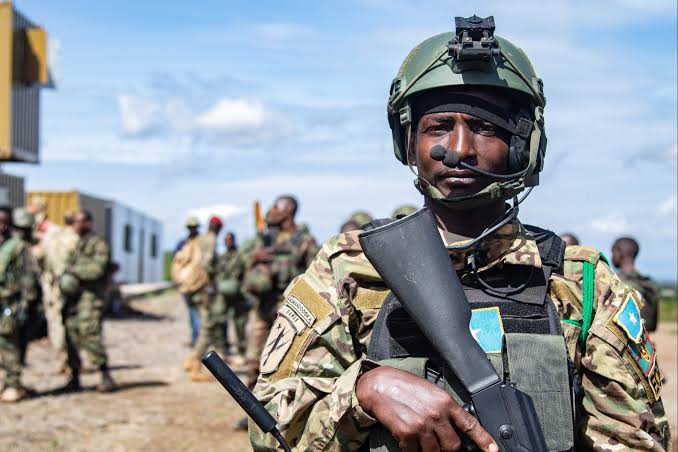Somalia and Turkey Sign Strategic MoU to Boost African Maritime Trade
In a significant step toward regional development, Somalia’s Ministry of Ports and Maritime Transport has signed a Memorandum of Understanding (MoU) with Turkey to strengthen cooperation in transport infrastructure and economic development across African coastal nations.
The agreement, signed by Somalia’s Minister of Ports, Abdulkadir Mohamed Nur, and Turkish officials, represents a joint effort to enhance regional trade links, develop critical infrastructure, and promote long-term economic growth. It also signals stronger collaboration between Turkey and several African countries with coastal access.
“This is a major step forward in uniting African countries and Turkey to build sustainable connectivity,” said Minister Nur. The initiative aims to boost production, create jobs, and support Somalia’s ambition to become a regional trade hub.
This MoU aligns with Somalia’s national development strategy and ongoing efforts to rebuild after years of conflict. By investing in port infrastructure and international partnerships, Somalia is positioning itself at the heart of Africa’s economic future.









